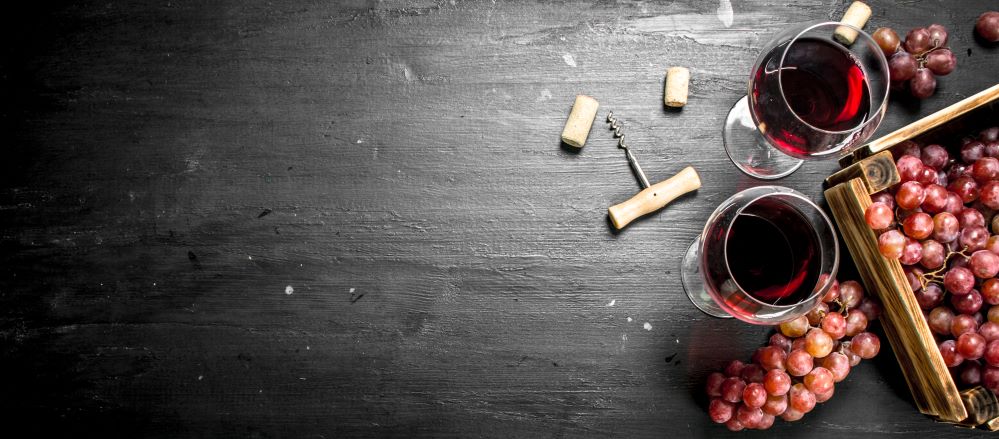
International trade secretary Liz Truss is reportedly considering introducing a 25% tariff on US wine imports into the UK to offset US duties on British steel imposed by President Trump in 2018.
According to Harpers, the move is believed to be an attempt by the UK government to pile pressure on key Democrat politicians, such as vice president Kamala Harris and speaker Nancy Pelosi, who host prominent wine producers in their states.
If imposed, tariffs would mean that some of the UK’s most popular wines – such as Zinfandel Rosé and Grenache Rosé – could disappear from British shelves as they would become too expensive to import.
One in 10
According to trade body, Wine Drinkers UK (WDUK), a sizeable 32% of UK households purchase wine from the US, and these purchases comprise one in ten of all bottles sold in the UK.
It argues that if US wines disappear from UK shelves, the shortfall could not be filled by other wine producing nations.
WDUK also finds any tariff would disproportionately impact younger drinkers, as under 44s comprise 40% of those that drink wines from the US.
Tit-for-tat
US alcohol has long been a victim of UK-US trade tensions, with 25% duties already levied against all US bourbon and whiskies since June 2018.
According to The Wine & Spirit Trade Association, UK importers (and ultimately consumers) have consequently paid an extra £55m because of the retaliatory tariffs.
Hope
There is one glimmer of hope, however.
Earlier this week the Department for Environment, Food & Rural Affairs announced that ‘wine certificates’ – initially planned to be introduced on 1st July - would not now be required for EU-origin wines imported in Great Britain.
The U-turn means much-feared VI-1 forms (requiring a full laboratory analysis of each wine being shipped, including alcohol and acidity), will now not be needed.
10p saving
According to a government statement, the move should cut red-tape for wine importers to the tune of £130 million, avoiding a predicted 10p rise on the cost of every bottle that the new certification would have necessitated.
Food and drink minister, Victoria Prentis, said: “Cutting this needless red tape will place our businesses in a stronger position internationally, as they continue to grow, while consumers can raise a glass to great wine from around the world.”
Avoided bureaucracy
Speaking to The Drink Business, Tom Turner, director of trading & operations for Cult Wines said: “The scariest cost was the immeasurable cost of opening bottles to perform laboratory testing. For the fine wine sector, this concept had potentially disastrous implications; in particular for older, rarer wines being imported.”
International Trade Minister Ranil Jayawardena added: “It’s fantastic that the British people will no longer have to pay for unnecessary bureaucracy when they buy a bottle of wine.”
Declarations
Since the end of the transition period, EU exporters selling into the UK have been required to complete a full customs declaration.
In addition, every shipment of wine must obtain a certification of origin.


